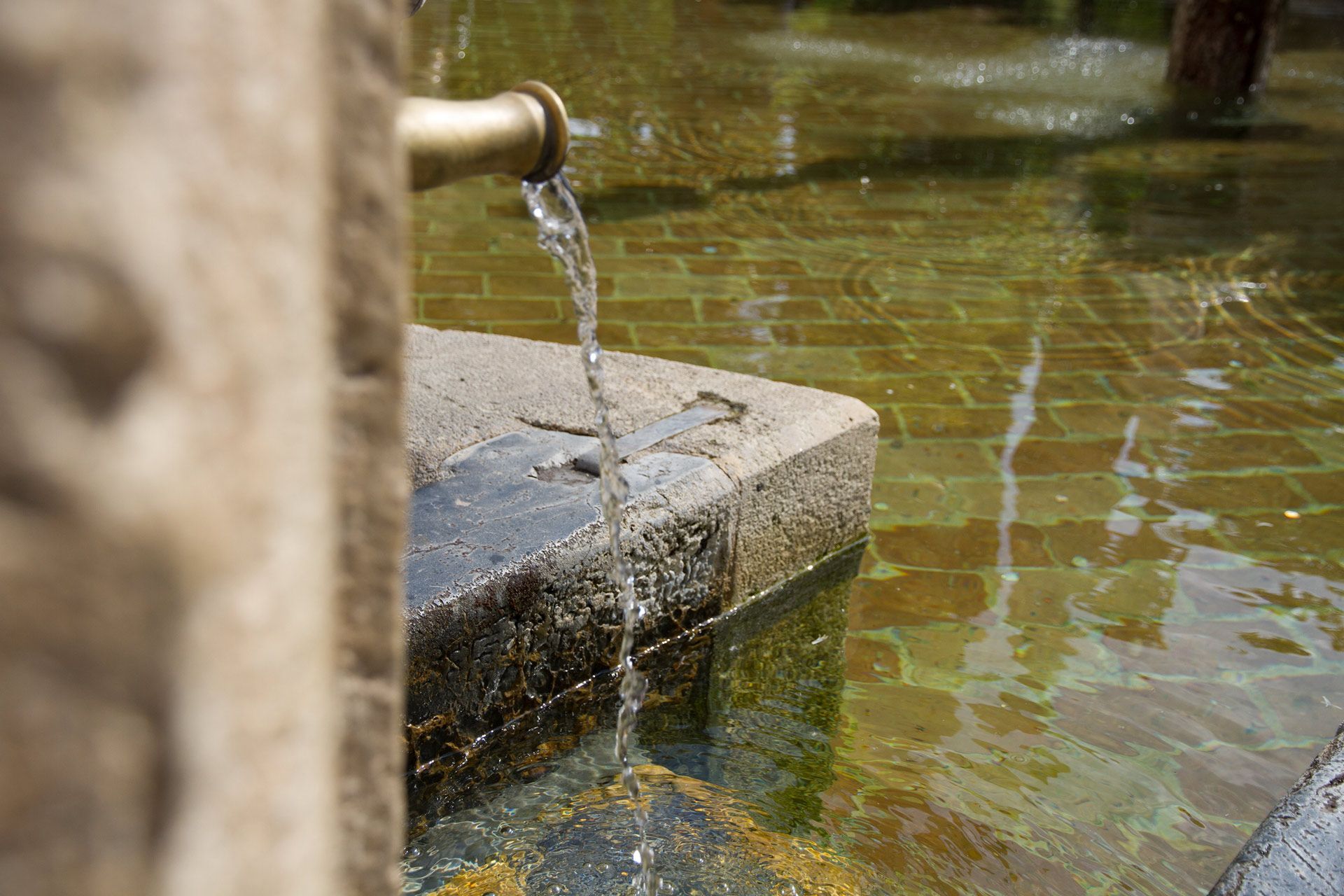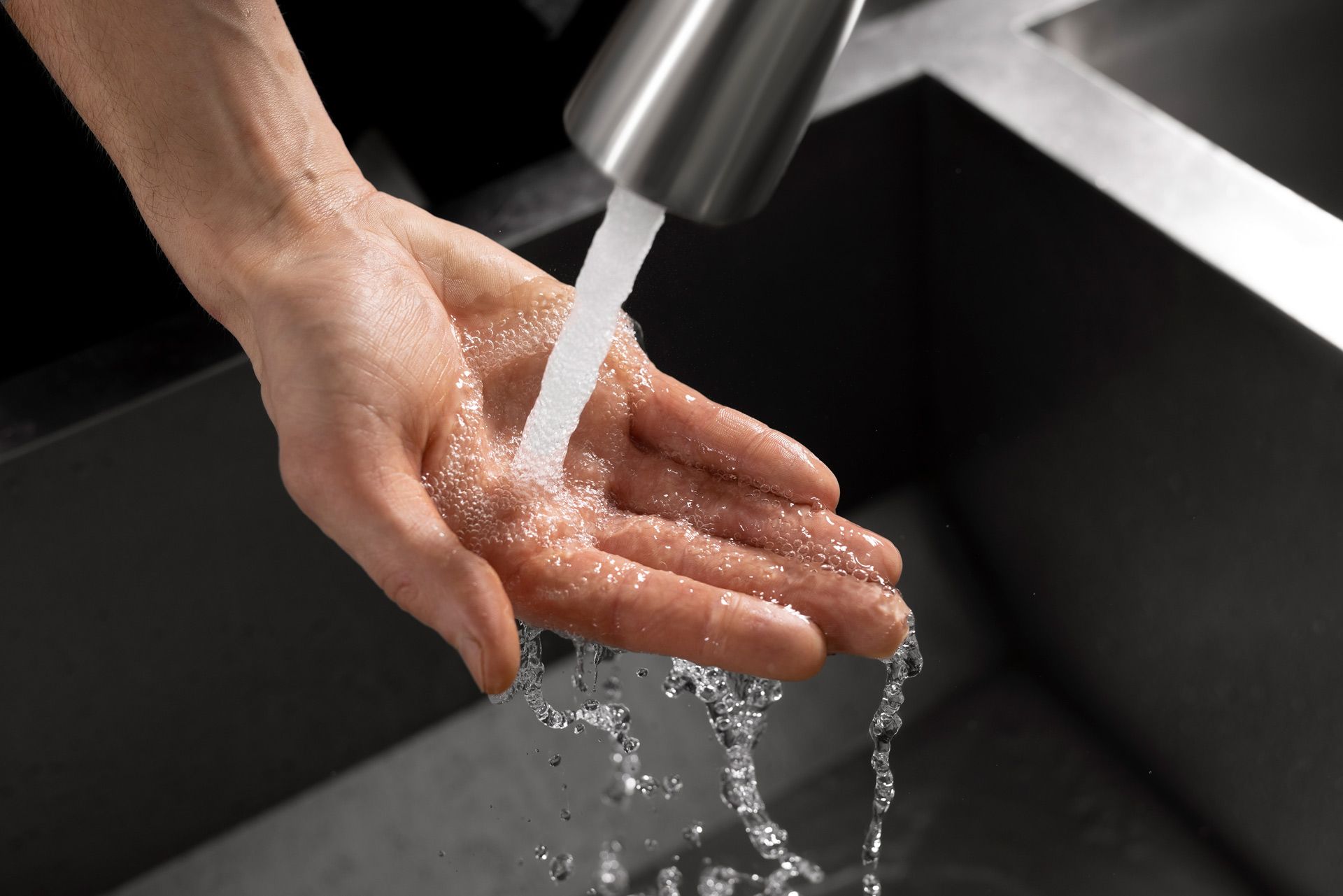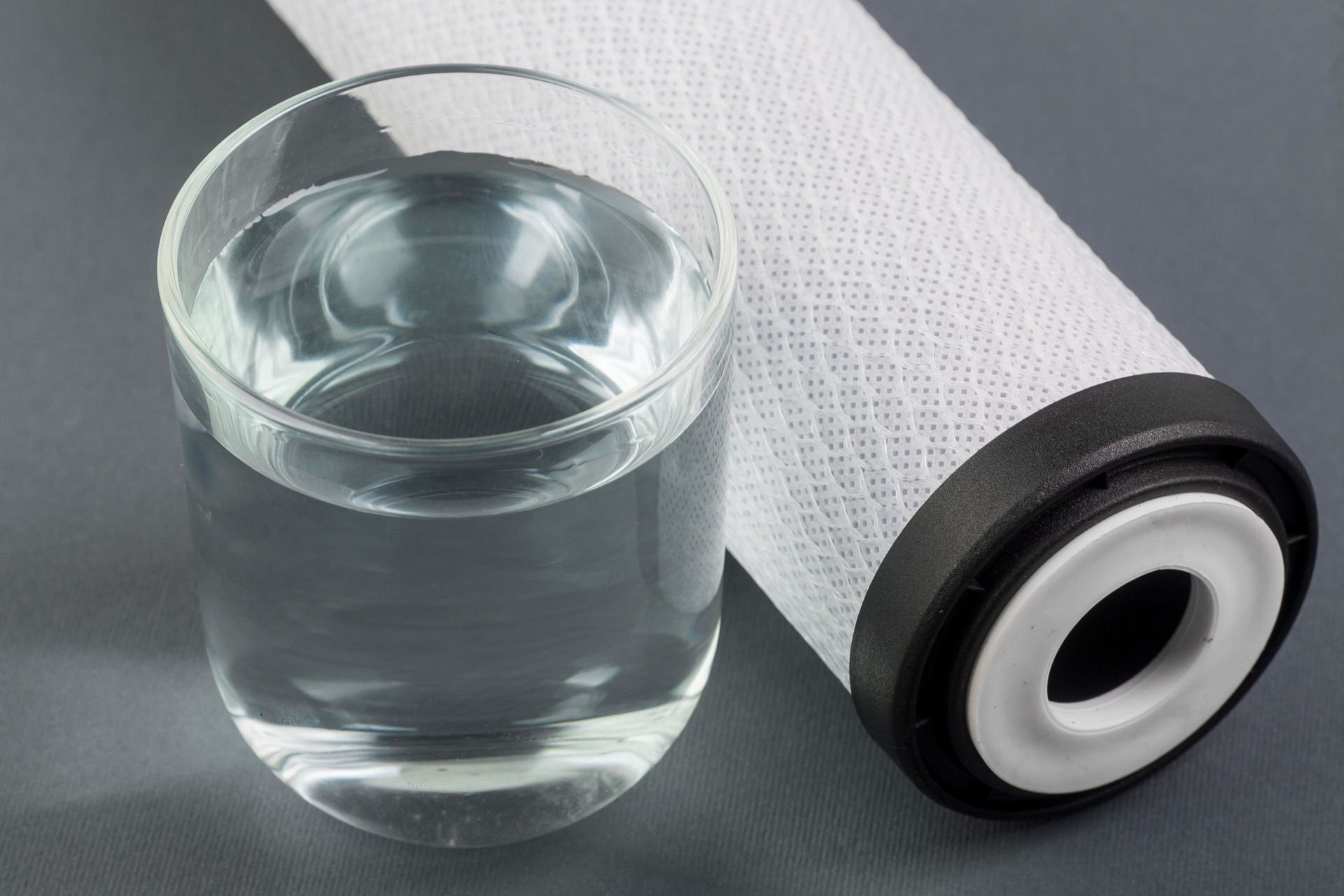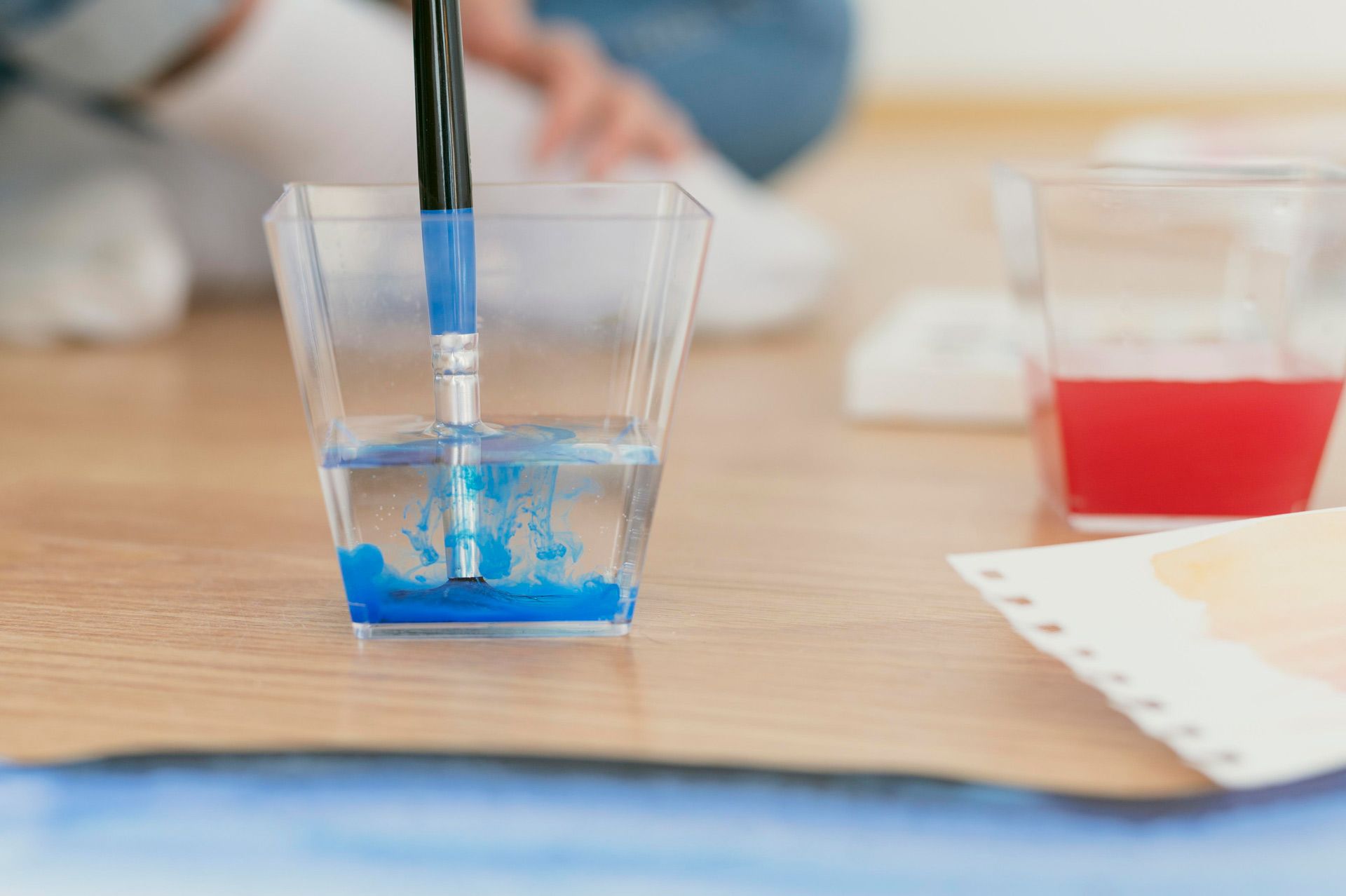Why Regular Water Testing Matters for Homes in Plainfield and Shelbyville
September 6, 2025
Introduction
Turning on the tap, it’s easy to assume your water is safe. But in Plainfield and Shelbyville, even clear water can contain hidden contaminants that affect health, appliances, and overall peace of mind. Regular water testing is the only way to truly know what’s coming into your home.
This article explains why water testing matters, what issues it can uncover, how often to test, and the best way to keep your family and home protected.
Why Regular Water Testing Is Important
Water testing isn’t just a precaution — it’s an essential step in protecting your household. Here are the main reasons it matters.
- Health protection: Contaminants like lead, nitrates, and bacteria are invisible but harmful.
- Appliance and plumbing care: Hard water minerals, iron, and sediment shorten the life of dishwashers, water heaters, and pipes.
- Peace of mind: Even if your water looks fine, testing confirms whether it’s truly safe.
Common Contaminants in Plainfield and Shelbyville
Every home’s water supply can be different, but here are the most common contaminants in Central Indiana:
- Hardness minerals such as calcium and magnesium that create scale and reduce soap effectiveness.
- Iron and manganese that stain sinks and laundry and leave a metallic taste.
- Lead and copper that may leach from older plumbing systems.
- Nitrates from agricultural runoff, which are especially risky for private wells.
- Chlorine and byproducts in municipal water, affecting taste and odor.
- Bacteria and microorganisms that are more likely in wells or after flooding.
How to Approach Water Testing
If you’re unsure where to start, follow these simple steps to better understand your home’s water.
- Identify your water source
City water is treated but often contains chlorine and hardness. Well water may carry nitrates, bacteria, and iron. - Look for warning signs
Watch for stains on fixtures, cloudy glasses, unusual odors, or frequent appliance breakdowns. - Try a basic kit
At-home kits can reveal hardness or chlorine levels but are limited in scope. - Schedule professional testing
A professional test provides detailed results across a wider range of contaminants and offers recommendations. - Plan for regular follow-up
Well water should be tested once a year. City water should be tested every 1–2 years. Always test if the taste, smell, or appearance of your water changes.
FAQs
How often should I test my water?
Well water should be tested annually. Homes with municipal water should test every 1–2 years or sooner if problems arise.
Is city water in Plainfield and Shelbyville safe without testing?
City water meets regulatory standards, but contaminants can still enter through pipes or distribution systems. Testing confirms safety at the tap.
What’s the difference between DIY and professional testing?
DIY kits only measure a few indicators. Professional testing covers more contaminants with reliable, detailed results.
Can testing show if I have hard water?
Yes. Testing measures calcium and magnesium levels to determine if a water softener is needed.
What happens if problems are found?
Solutions may include water softeners, whole-house filtration, iron removal systems, or reverse osmosis drinking water units.
Conclusion
For homeowners in Plainfield and Shelbyville, water may look fine but still hide contaminants or minerals that cause problems. Regular testing protects your family’s health, extends appliance life, and provides peace of mind.
Professional testing gives you accurate answers and ensures you choose the right solutions. With regular testing, you can feel confident that every drop of water in your home is safe and reliable.











